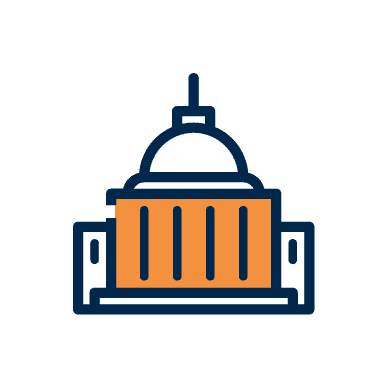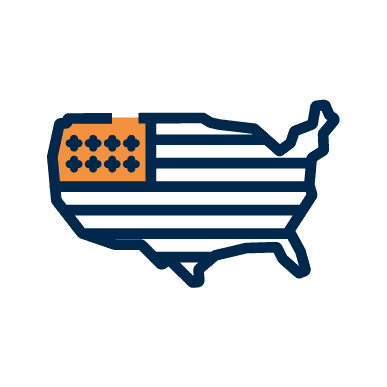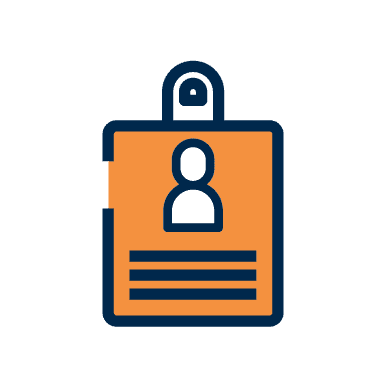
During the disaster, a state Medicaid program doesn’t have to screen and enroll a provider who is enrolled in Medicare or another state Medicaid program.
The Centers for Medicare and Medicaid Services (CMS) is temporarily waiving some of its provider enrollment requirements to improve access to care during recovery from hurricanes Harvey and Irma. Texas, Florida, Georgia, Louisiana, Puerto Rico, and the U.S. Virgin Islands are the states and territories affected by these provider enrollment waivers after the most recent storms.
CMS uses blanket waivers of some provider enrollment requirements to ensure access to care.
During a disaster such as hurricanes Harvey and Irma, access to healthcare is both more necessary and more challenging. Providers who are enrolled in Medicare or the state’s Medicaid program may be affected and unable to provide services, while providers who are not enrolled step in to help deliver essential services, equipment and supplies. In addition, residents are often displaced in a disaster like this and must seek care outside of the state.
To make the best use of available service providers, CMS waives certain requirements for provider enrollment. These are described below.
During the disaster, a state Medicaid program doesn’t have to screen and enroll a provider who is enrolled in Medicare or another state Medicaid program.
Under normal circumstances, each state must screen, validate and enroll every provider, even if the provider is already enrolled in Medicare or another state Medicaid program. During recovery from hurricanes Harvey and Irma, such providers can be reimbursed for services without enrolling in the state’s Medicaid program. For example, a provider enrolled in Georgia’s Medicaid program may provide services for Florida Medicaid participants without enrolling as a Florida Medicaid provider.
Out-of-state facilities can temporarily enroll with a faster process if they are already enrolled in Medicare or another state Medicaid program.
Out-of-state facilities must enroll to offer services, but can use a faster process if they are already enrolled providers in Medicare or another state Medicaid program. For example, if a skilled nursing facility in Louisiana is serving Texas Medicaid participants, the nursing facility can be temporarily enrolled with an expedited process so it can be reimbursed for services.
If a provider is not already enrolled in Medicare or another state Medicaid program, the state can temporarily enroll them through a simpler process with fewer requirements.
Providers who don’t normally serve Medicare or Medicaid participants may enroll with a simple process so they can provide services during the disaster. CMS is waiving the parts of the application process that can take a long time or pose a barrier. These requirements are not necessary during the disaster:
- Providers do not have to pay an application fee as they normally would according to 42 C.F.R 455.460
- The state can skip the full criminal background check with fingerprinting that is required by 42 C.F.R Section 455.434
- The state doesn’t have to make a site visit to certain providers designated as moderate or high risk, as required by 42 C.F.R Section 455.432
- The provider must be licensed but doesn’t have to be licensed in the state the provider is serving, as is usually required by 42 C.F.R Section 455.412
It is still a priority to protect Medicaid programs and their participants from fraud and abuse, so the state Medicaid programs must still do the following for expedited enrollments:
- Get the enough information to process claims, including the provider’s NPI
- Get the provider’s SSN/EIN/TIN to check for licensure in any state and to check the OIG exclusion list
Enrollments that are done with this expedited process are temporary and provisional. They begin on the date specified by CMS (depending on when the disaster began) and end when the disaster designation is lifted. After this time, the provider either must do a full enrollment or cannot offer any more services. The state must finish paying providers under these provisional enrollments within six months after the disaster is over and the designation is lifted.
It’s worth restating: the expedited enrollment still requires a check against the OIG exclusion list. Unfortunately, the opportunities for fraud and abuse can increase during a disaster. Medicare and Medicaid programs must continue to take precautions to ensure that such providers are excluded.
Out-of-network services for participants in Medicare Advantage plans will be covered.
Participants in Medicare Advantage plans must usually stay in-network to receive full coverage for services. During the disaster, out-of-network providers will receive payment for services given to Medicare Advantage participants in the affected disaster areas.
States affected by the hurricanes can suspend their revalidation activities until the disaster is over.
States in the disaster areas do not have to do revalidation of existing enrolled providers until after the disaster designation is lifted.
In addition to provider enrollment requirements, CMS waives a number of requirements for reporting and other processes during a disaster. For more information, visit the CMS web page on the recent hurricanes.
Check out this great resource for all questions on OIG Exclusion of the State of Texas and the Texas OIG Exclusion List.



































